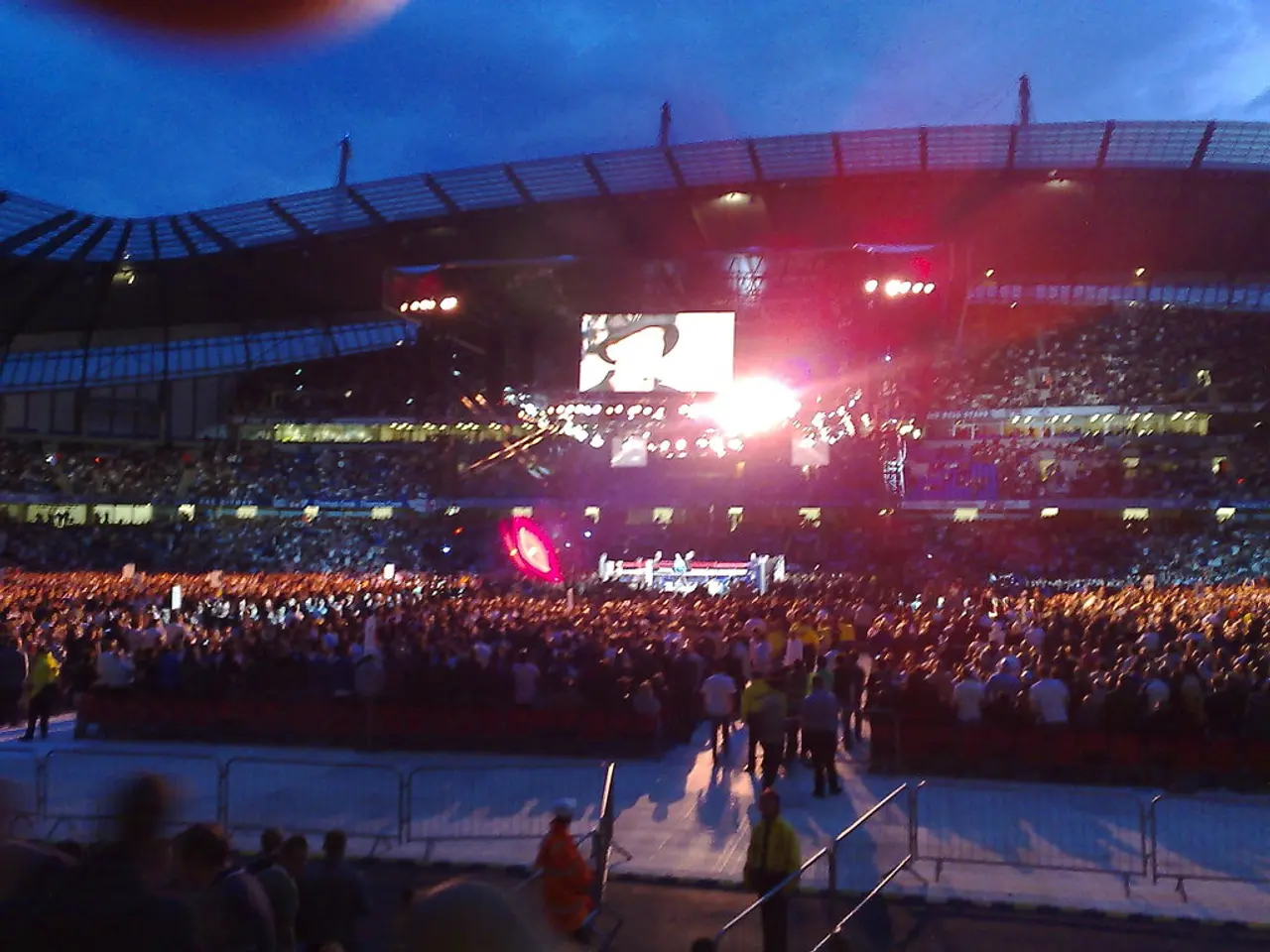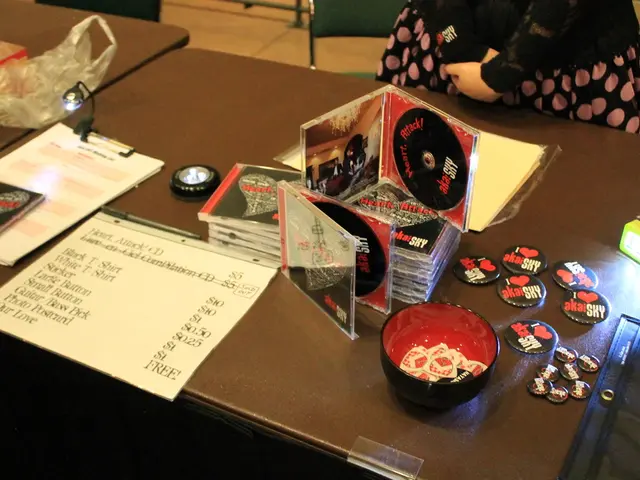Live Events Reinvented: Virtual Reality Taking Center Stage in Music Performance?
In the ever-evolving world of entertainment, virtual concerts and hybrid events are transforming the landscape of live music. For individuals with disabilities, those who prefer smaller crowds, or those who seek a safer and more inclusive space, these digital performances offer a unique opportunity to enjoy music without the worries associated with traditional live shows.
The emotional highs of live music, a central aspect of the concert experience, can be challenging to recreate in a virtual setting. However, the blended approach of hybrid concerts, where live performances are complemented by virtual attendees, keeps the heart of live performance alive while expanding the audience.
Virtual Reality (VR) concerts, in particular, are gaining popularity. They provide artists with new revenue streams, including ticket sales, merchandise, and VIP digital meet-and-greets. As VR technology improves, these concerts could become more interactive, with fans shaping setlists, customizing visuals, or even jumping "on stage" alongside artists.
One of the main appeals of VR concerts lies in their convenience. They eliminate the need for travel, queues, and pricey tickets. Improving VR technology could potentially expand the audience for live music performances, making them accessible to a wider demographic.
Fans can move around the digital space, watch performances from different angles, and interact with other avatars in the crowd. They can step into a virtual venue, ranging from intimate clubs to massive stadiums, and even attend performances they might never attend otherwise due to geography, cost, or sold-out venues.
Some platforms enable artists to perform live in motion-capture suits, while others blend pre-recorded visuals with real-time effects. The future of live music will be more virtual, more global, and more imaginative than ever before.
For musicians, VR concerts offer new creative possibilities, such as designing stages that defy physics, incorporating visual effects impossible in real life, or performing in fantastical locations. However, these digital performances might never fully replace the feeling of standing shoulder-to-shoulder in a stadium.
Virtual concerts, while immersive, can feel solitary and lack the unpredictability that makes live shows unforgettable. Technical barriers, like expensive headsets and stable internet, still limit accessibility to VR concerts. Hybrid concerts - where fans attend in person while others join in virtually - are already gaining traction as a practical solution for some and a creative frontier for others.
In conclusion, the future of live music is a blend of traditional and virtual performances, catering to a wider audience and offering new creative possibilities for artists. Hybrid events and VR concerts are an important supplement to traditional concerts, providing a more inclusive, accessible, and imaginative experience for fans worldwide.
Read also:
- visionary women of WearCheck spearheading technological advancements and catalyzing transformations
- A continuous command instructing an entity to halts all actions, repeated numerous times.
- Oxidative Stress in Sperm Abnormalities: Impact of Reactive Oxygen Species (ROS) on Sperm Harm
- Is it possible to receive the hepatitis B vaccine more than once?








